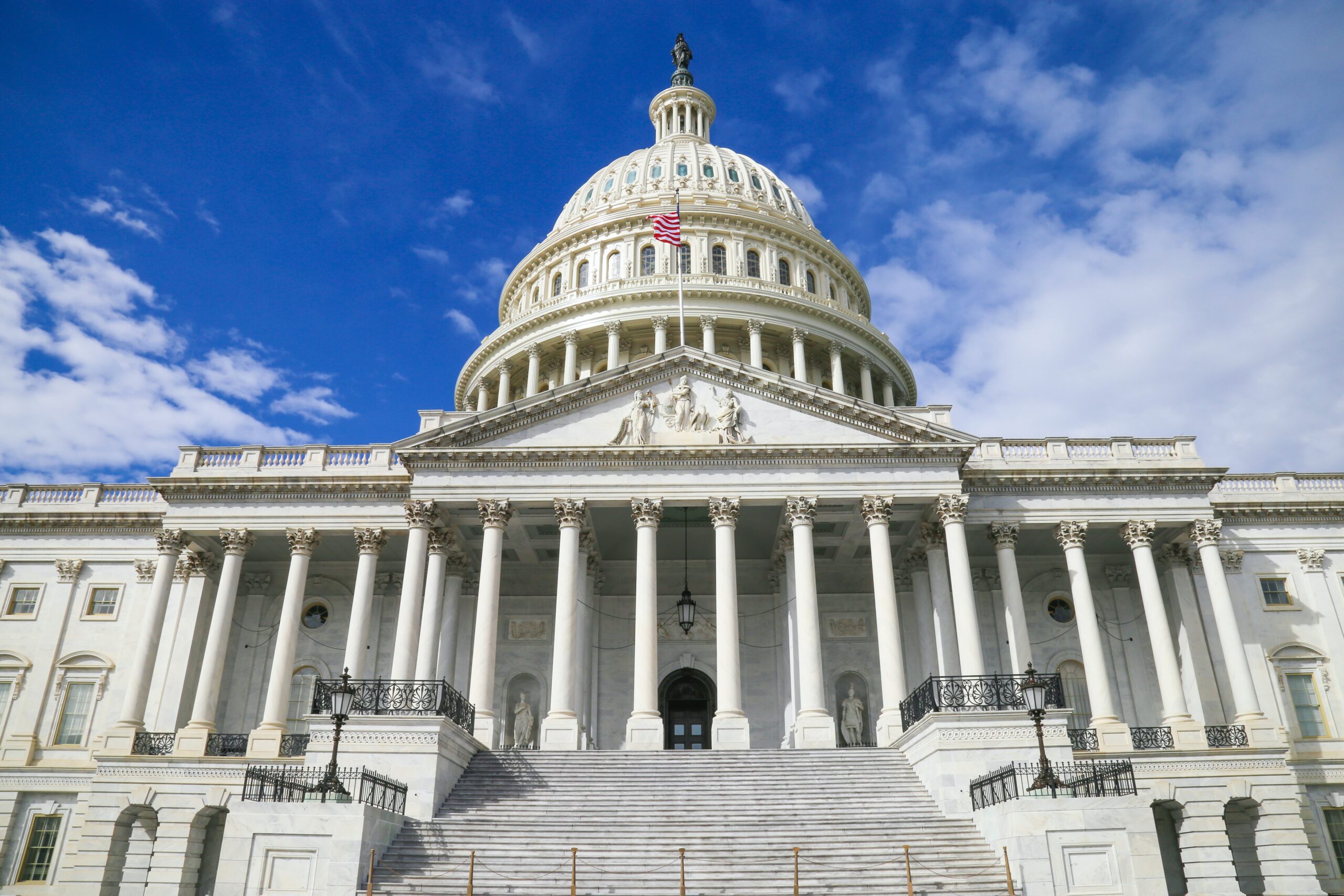Supporting SEIU State Public Banking Legislation
HR&A Advisors worked with a coalition of racial and economic justice organizations, financial access advocates, and labor unions, including the California Service Employees International Union (SEIU) and the California Public Banking Alliance, to provide analysis of the financial and social impacts of unfair banking access to support advocacy for the California Public Banking Option Act (AB-1177). Our findings showed how inadequate and disparate access to free and safe banking accounts results in billions of dollars lost to the California economy annually, contributes to people remaining in poverty, and increases the use of taxpayer dollars towards providing social services.
In October 2021, the California Assembly and Senate passed the California Public Banking Option Act and Governor Gavin Newsom signed it into law in a move that sets the foundation for providing universal access to banking that will benefit households, local economies, and taxpayers. This is the first bill in the nation guaranteeing universal banking access, paving the way towards giving all Californians access to high-quality, low-cost financial services. 80.7% of unbanked Californians earn less than $15 per hour, and nearly half of Black and 41.1% of Hispanic households in California are unbanked or underbanked. Unbanked communities lack access to basic financial services — like checking and savings accounts — that are critical to financial stability.
HR&A Advisors novel analysis examined who is not being served by the formal banking system, where they live, what the financial costs are to individuals and to the economy of un- and under-banking, and the economic benefits of the legislation to California. AB-1177 established a framework to study the feasibility and implement the CalAccount public banking option program, an alternative to the high fees that many Californians face from existing predatory banking options that stand as a barrier to wealth accumulation.
Our analysis delineated how the CalAccount program could offer critical services to Californians and become self-sufficient within the next five years. CalAccount could draw on existing state programs to reach a customer base of millions of Californians resulting in an estimated $3.3 billion in savings for low-income households, potentially creating 22,000 jobs, and boosting the California economy by an estimated $4.2 billion by redirecting spending away from costly interest and fees.
Photo: Louis Velazquez
